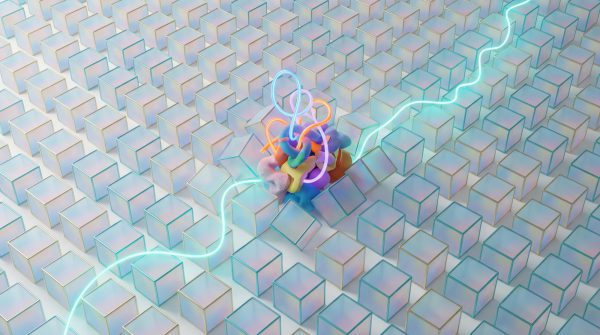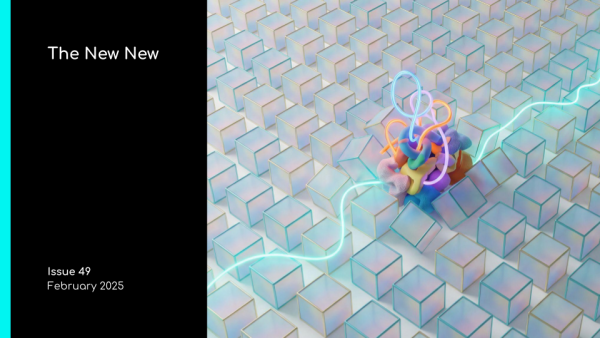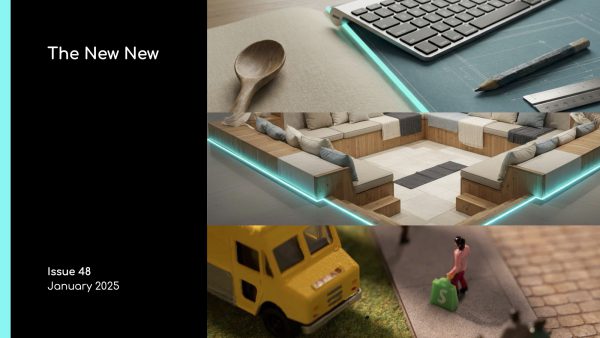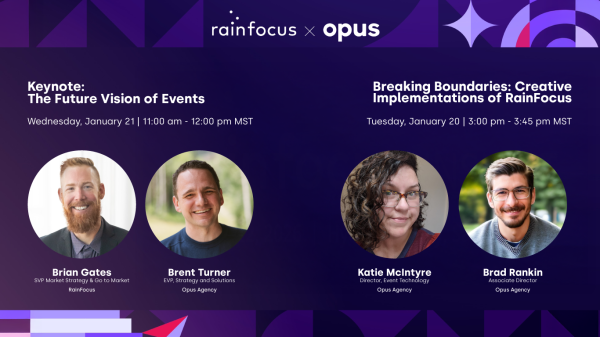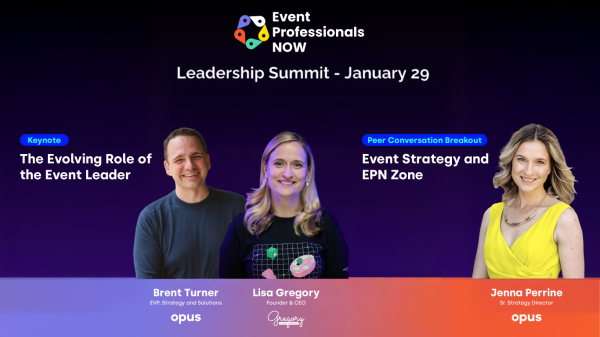AI Integration Race
The full-stack, vertical integration battle for our futures.

What do Microsoft, Apple, and Google all have in common?
It’s not that they have all fought monopolistic rulings and fears of breakups (welcome to the club, Google); it is that they are all racing for the same omnipresence in the future of our lives.
They all have the same vision for their AIs: a personal assistant that follows you everywhere, from work to home, optimizing your schedule, managing tasks, anticipating your needs, and making life easier.
For this co-piloting, AI-as-your-personal-assistant future to be realized to its fullest, AI needs to be with you everywhere you go and work flawlessly across all the devices and software you use.
Achieving this vision requires a vertically integrated “full stack” of technologies:
- Business Applications (e.g., analytics, financial systems, custom apps)
- Communication Platforms (e.g., mail, calendars, email, chat)
- Productivity Tools (e.g., documents, sheets, slides)
- Operating Systems (e.g., ChromeOS, macOS, Windows)
- Personal Computing (e.g., laptops, phones, tablets)
- Home Computing (e.g., smart speakers, thermostats, robots)
By dominating this “full stack,” a tech giant can create a more powerful, personalized AI experience. Your data flows freely, allowing the AI to learn your habits, anticipate your needs, and ultimately, become your digital co-pilot.
So, who will win this vertical integration race?
Let’s break it down.
Microsoft?
It boasts impressive advancements with Copilot but lacks a dominant phone OS.
Apple?
They are making strides with their “Intelligence” launch, spatial computing visions, and newly rumored robotic ventures. However, they lack a robust public cloud and have yet to achieve widespread adoption for their communication and productivity tools.
The other Big Tech Cos — AWS, Salesforce, IBM, and Oracle?
They have significant holes across the integration stack.
And that leaves… Google.
Google has extensive offerings across almost all areas of the “full stack.” From business tools like GCP and G Suite to personal offerings like Gmail, Android, and Nest to a well-branded, high-performing AI, Gemini, Google has a strong hold on many aspects of our digital lives.
While Google has the edge today, the race is far from over. As Big Tech’s vertical integration grows, we should expect monopolistic concerns to increase (and rightfully, necessarily so).
One thing’s for sure—the winner of this integration race will dominate the future of our everyday lives.
